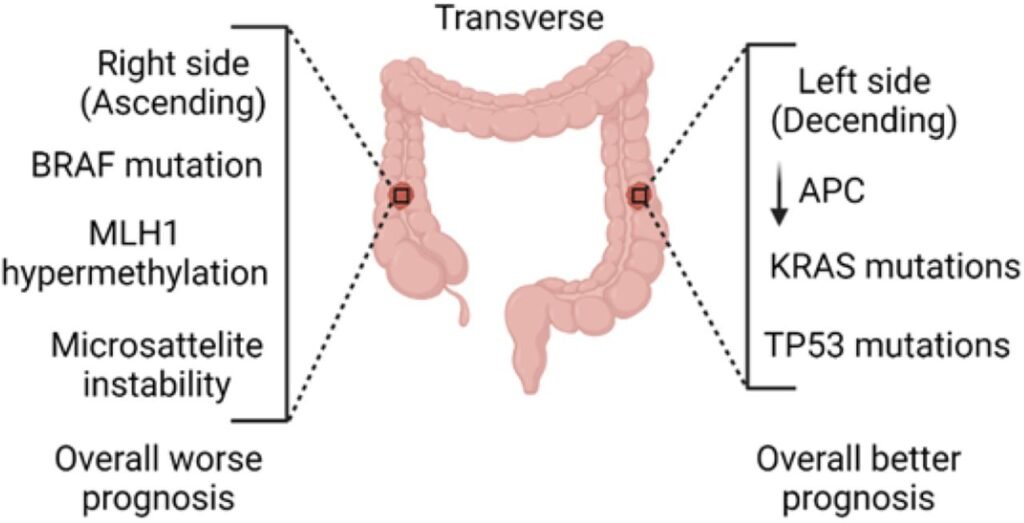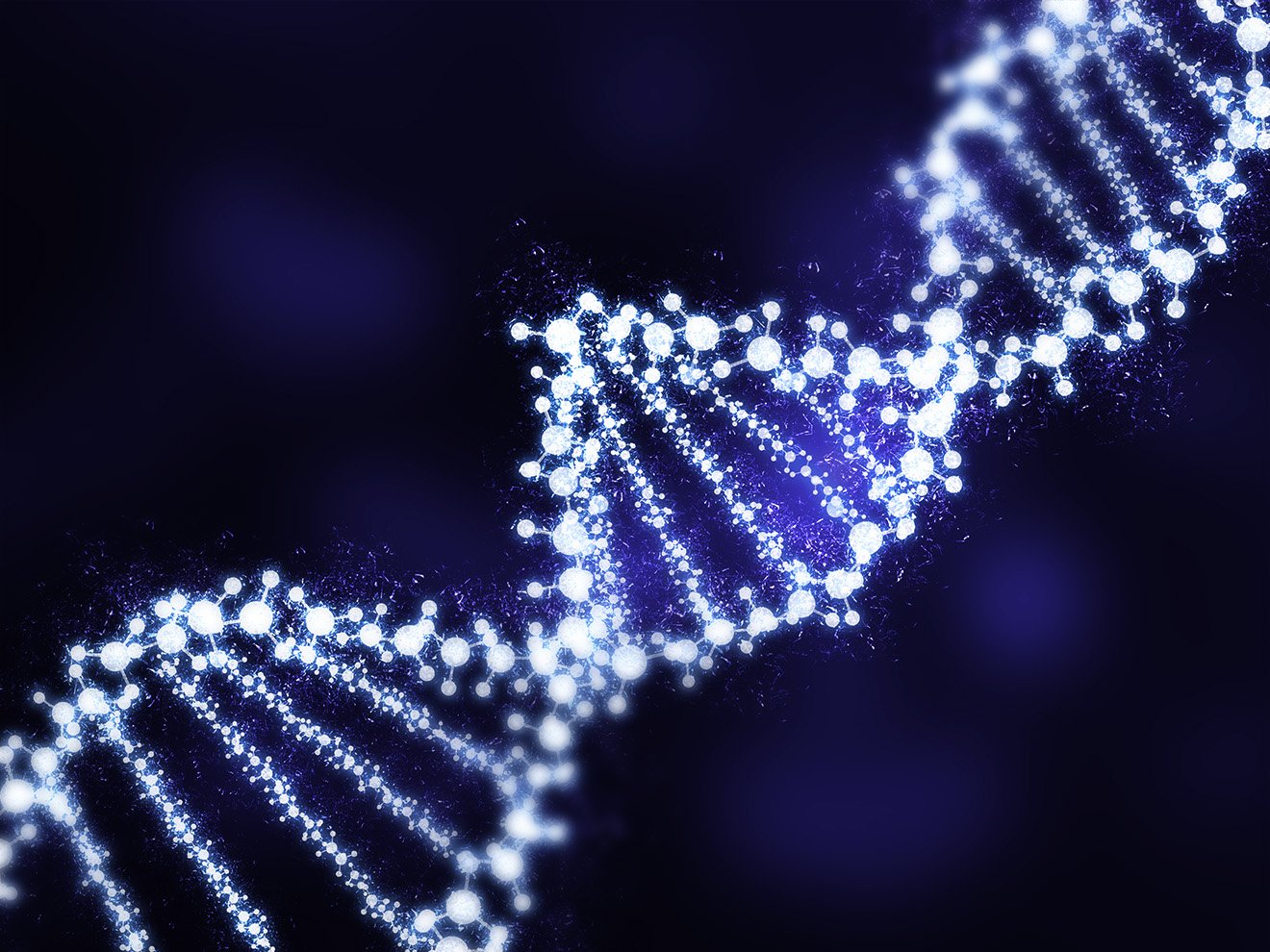The APC full form is Adenomatous polyposis coli, the APC gene is a protein that stops cell cycle progress and over development of a cell. The main function of the APC gene is it regulate the cell limit of growth and is also called a tumor suppressor. The ACP gene also maintains cell migration from one location to another, the adhesion of cells at the location.
The ACP gene also maintains transcription activation of the cell and apoptosis of the cell. The mutation in APC can lead to no control of cell overgrowth, cell migration and adhesion to other locations, and cell natural death. Eventually, the APC gene mutation shows the cancerous change of a normal cell.
Which type of selection tends to increase genetic variation?
The APC gene mutation results in defects as a cause of Familia adenomatous polyposis (FAP). It is a condition in which a person develops 100 adenomatous colon polyps ( mass of cells present in the colon), it leads to colorectal cancer when left untreated at a young age.

A person with an APC gene mutation can also increase the chance of developing cancer in other body parts or organs like the small intestine (adenocarcinoma), pancreas, and stomach. Sometimes the ACP gene mutation also shows congenital hypertrophy of the retinal pigment epithelium, extra unerupted teeth, noncancerous bony growth, adrenal masses ( the cancerous or noncancerous growth developed in the adrenal gland), Gardner syndrome, turbot syndrome ( osteomas of the mandible, fibromatosis) and attenuated FAP.
The ACP gene mutation is inherited in an autosomal dominant pattern, which means one copy of the gene in each cell is sufficient to result in a disorder. The person with ACP gene mutation has one parent affected with familial adenomatous polyposis (FAP).
How are cancer cells different from normal cells?
The ACP gene mutation results in a disorder also called Adenomatous familial polyposis syndrome, adenomatous polyposis coli, or familial multiple polyposis syndrome. The mutation of the ACP gene also causes CNS tumors.
The ACP gene mutation is not identified, and there is no solid research on why ACP gene mutation happens, we only know that ACP gene mutation is inherited from parent to child and it causes severe cancerous effects and multiple polyps in the small intestine and after a long time finally results in colorectal cancer.


